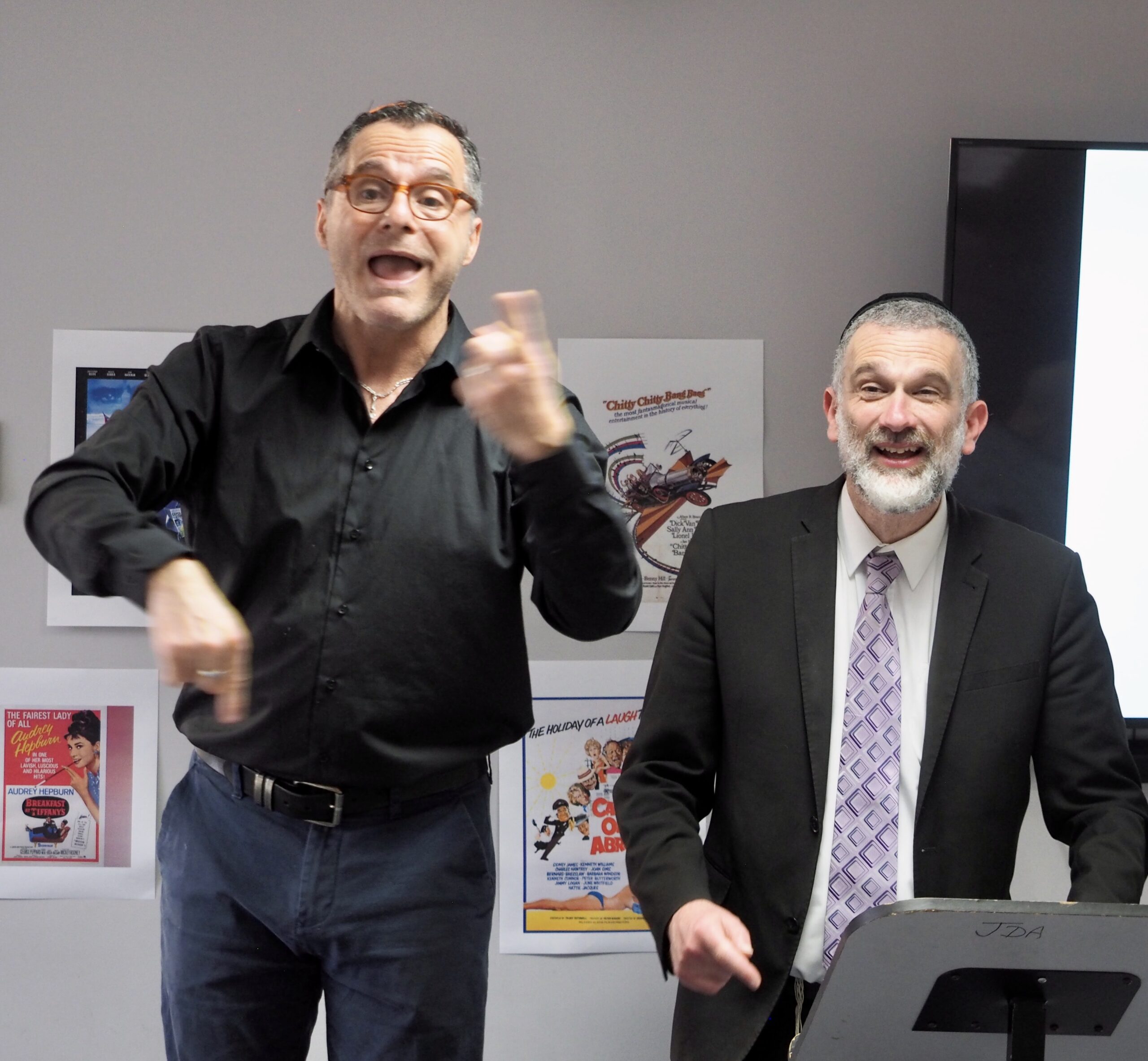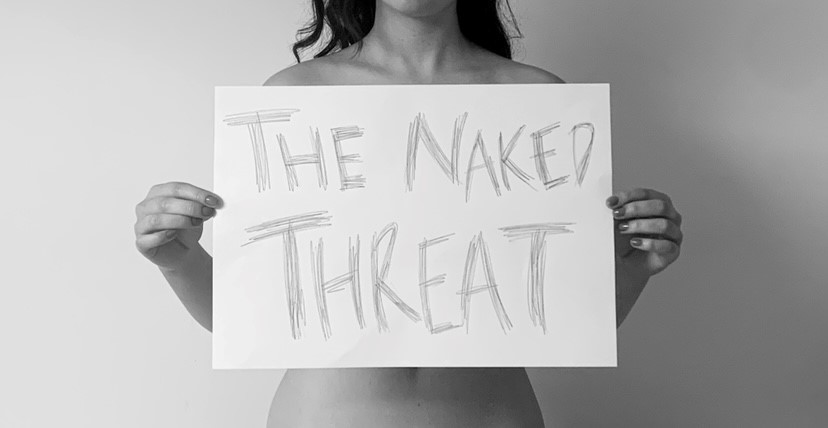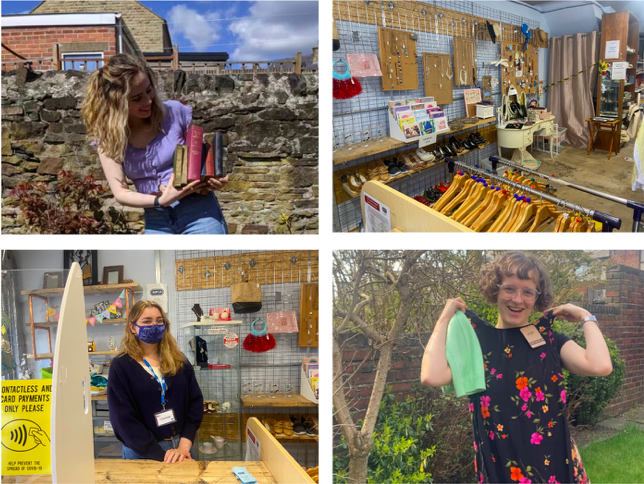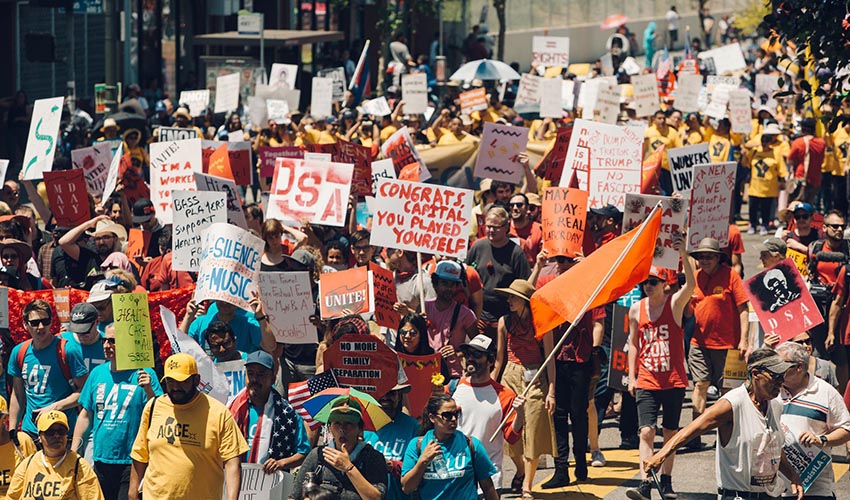A Christian minister who dreamt that Jesus was speaking to him in sign language is one of many religious leaders helping deaf people connect with their faith.
In the UK, there are 40,000 religious buildings, including churches, mosques and synagogues – many which have been adapted to help worshippers with disabilities – but there can still be a disconnect between d/Deaf people and their faith.
Rev Mark Smith, 67, a retired priest from Liverpool, spent over 20 years in the Christian ministry, working with deaf communities and those with hearing loss in Derby, Leeds and Sheffield.
He himself is not deaf but started to learn BSL after a dream in which he says Jesus communicated to him in sign language.
Mr Smith said: “I had what you might describe as a vision, and in it Jesus approached me and communicated in British Sign Language which I, surprisingly, understood. I took that as a sign to learn Sign Language which I picked up relatively quickly, albeit the further you progress the harder it becomes, but I now have a Level 6 certificate.
“In my experience, as a Christian person working in the field, we often find ourselves going across and assisting our friends in the other communities because they don’t have the same resources available to them.”
“For me, it’s the connection with them but for them it’s their life, it’s what they do. The deaf identity comes first, before religion or race, and in the past we have had d/Deaf Muslims sit in our services because they are able to be around their community.
“I think it hasn’t occurred to lots of people that there is this large native minority [of d/Deaf people] in the UK, who have, in the past, been badly excluded and really deserve to be included in everyday society and life.”
Zainam Bostan, 25, is a deaf Muslim from London and currently works for Al Isharah, which is a charity that translates the Qur’an into BSL, providing lectures and sermons in BSL, and also providing deaf Umrah and Hajj. However, she believes there is still much more work to be done.
In November 2023, she started an Instagram account [@deafhijabi] dedicated to “beneficial reminders and all the wonderful things about Islam” as well as spreading awareness of deafness.
Zainam was born deaf, and is child to one deaf parent – her father, who comes from a generation of deaf people – along with her siblings, except her mum and brother.
She said: “My experience as a deaf Muslim is really thanks to Al Isharah. Before I joined them when I was 20, I never went to a Madrasa [Islamic school] because of the lack of accommodation for deaf people while I was growing up. It was a struggle and led to me becoming spiritually lost and misguided – having no sense of Islam and the lack of understanding the purpose why we, for example, fasted during Ramadan or celebrated Eid.
“But since joining Al Isharah my understanding of Islam has greatly improved over the past five years.”
“However, I’ve seen a lot of deaf people being put off going to mosque because some of them do not have not basic deaf awareness. By that, I mean when they livestream Friday sermons and prayers, there are no subtitles or live transcripts to follow. I would love to see more BSL interpreters in mosques.”
She emphasised the importance of having these measures in place for d/Deaf Muslims so they can grow up having proper access to Islam, especially young people.

“I teach in Al Isharah’s Islamic deaf school on weekends and it’s really important for them to have the right environment for them to learn about Islam and grow spiritually.
“There are some deaf-born Muslims that have converted to Christianity due to accessibility being much better in churches, or just abandoning religion completely – and that simply comes down to the lack of accommodation for them.
“This is one of the reasons why Al Isharah strive to support the Muslim deaf community and provide, in the best way they can, for them.”
According to Census 2021, in England and Wales, there are 287,360 people identified as Jewish which equates to 0.5% of the usual resident population. Based on national averages, this would equate to roughly 50,000 d/Deaf people within the Jewish community.
Sue Cipin OBE, CEO of the Jewish Deaf Association, highlighted the importance of providing for the d/Deaf Jewish community. While non-Orthodox synagogues have facilitated for deaf people – with the use of hearing loop systems and speech to text transcriptions – the current aim is to introduce more of these services in Orthodox synagogues.
“Services are run in English, but have speech to text captions available for people to follow as well as a ‘Loop system’ designed to enhance listening for d/Deaf people. We aim to provide Sign Language interpreters for the Jewish deaf community who use our facilities for Holy days, festivals, and for interactively involved services – where it is acceptable in Jewish law, which does not allow the use of technology during the Sabbath.”
“We are currently building our relationship with Orthodox Synagogues – where the rules are stricter – to provide appropriate facilitation of d/Deaf people. We are communicating with them more, and have come up with suggestions for them such as keeping front benches reserved for d/Deaf people.”

Open Ears, a registered Christian charity, underline a common misconception that, if you have severe hearing loss or have been deafened then you will use sign language.
A spokesperson said: “Many churches provide sign language interpretation for their services, which is great for BSL users, but virtually useless for those with hearing loss whose first language is oral. Another challenge is having good lighting on the speaker’s face, good PA systems (with working loop) and clear visibility of what is taking place. People with hearing loss use many more visual ‘clues’ than their hearing counterparts.”
Some people’s hearing aids have a loop setting (sometimes called a T setting) which enables them to enjoy clear sound directly from a microphone to their hearing aids, via the use of a hearing loop.
This is a magnetic sound system with a microphone that streams sound directly and discreetly into the hearing aids, cutting out background noise. It works via a fixed cable around the room – ideal for a large group of people with one presenter. There is a portable version – ideal for a one-to-one situation such as at a reception area, or private meeting.
The fixed loop is also ideal for use in synagogues, as hearing aids can be adjusted to the loop setting before the start of the Sabbath or Holy Days.
Synagogues like Jackson’s Row, Manchester’s Reform Synagogue, offer online services once or twice a month which can be accessed by people all across the UK.




